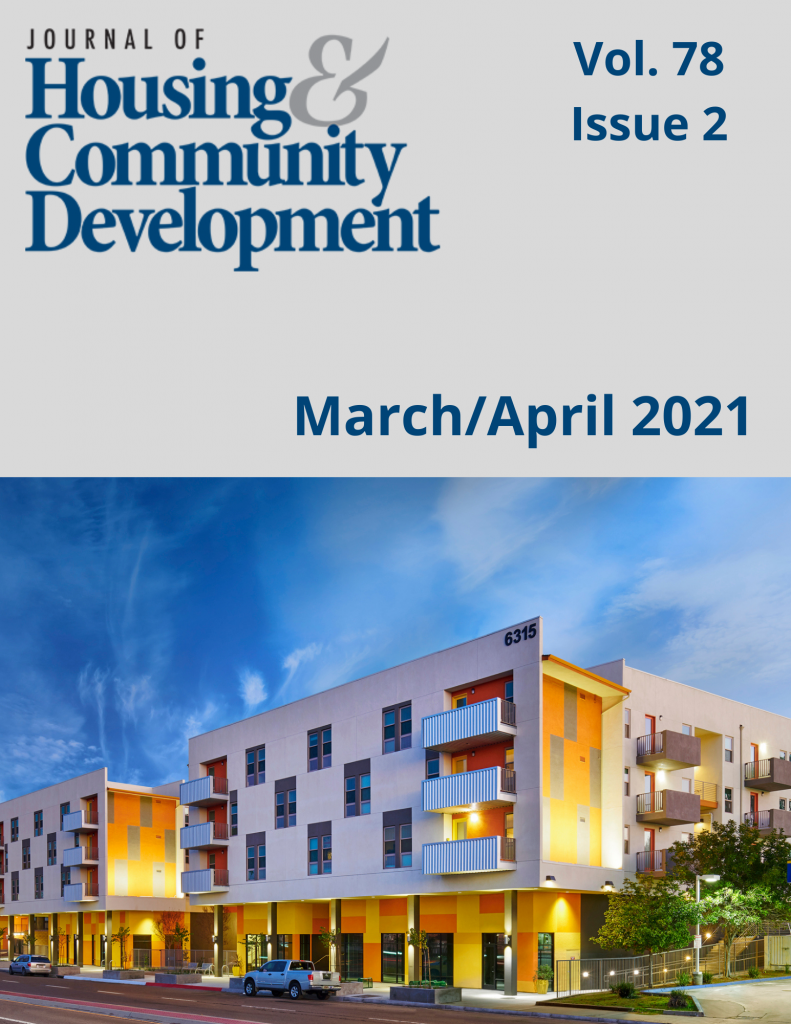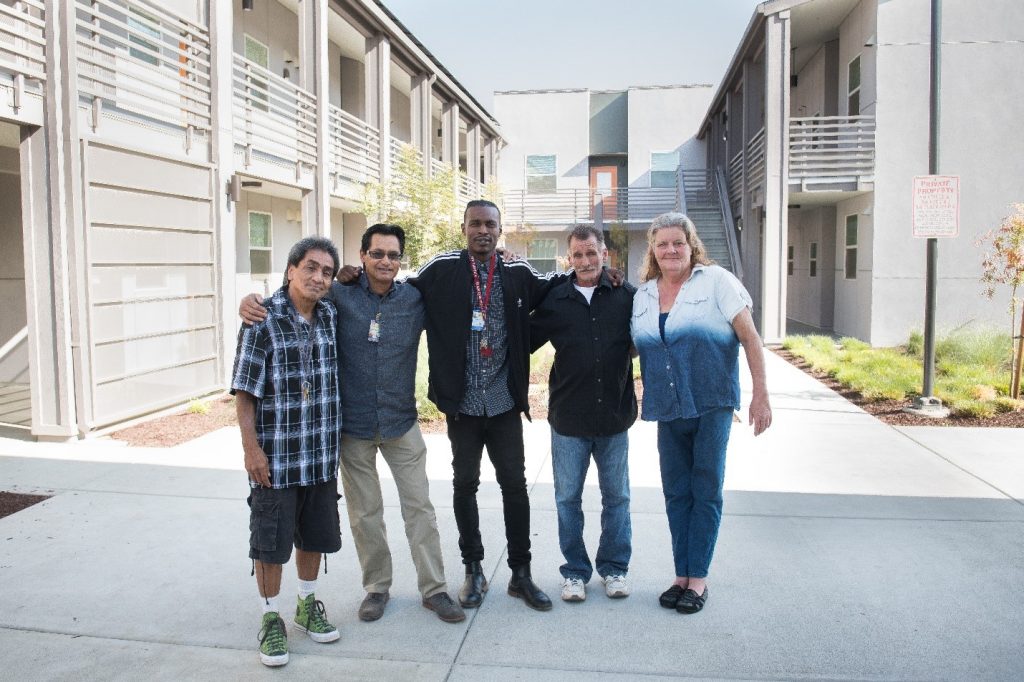Getting People Employed at Yakima Housing Authority
The Yakima Housing Authority, Wash. won a 2020 Award of Excellence in Resident and Client Services for their employment program which assists residents in finding new opportunities to reach self-sufficiency. Nominated from among the National Association of Housing and Redevelopment Officials Award of Merit winners each year, the Awards of Excellence winners are chosen by national juries and honored at the annual National Conference and Exhibition in November. They represent the very best in innovative programs in assisted housing and community development.
In 2019, Yakima Housing Authority (YHA) launched a supportive employment program, as an alternative program to serve participants of its Family Self-Sufficiency program looking for direct services. Due to limited staff capacity and time, clients who require more intensive case-management services often fall through the cracks, according to Family Self-Sufficiency Supervisor for YHA Carlos Reyes.
In order to address lack of staff, time, and funding need to adequately serve families, YHA looked to the Medicaid Transformation Project initiative 3, also known as Foundational Community Supports programs. YHA saw this as an opportunity and reached out to the WA Healthcare Authority which kickstarted the process to contract with Amerigroup as a Supported Employment provider.
The Supportive Employment program was tasked with hiring new staff to oversee the program operation such as enrollment, case management, and job development outreach. The goal is to provide purpose and structure for people experiencing behavioral health challenges and helps them reach stability in their health, housing, and employment.
“We wanted to remove the barriers of access for our clients,” Reyes said.
Assigned staff of the Supportive Employment program work directly with residents, one on one, assisting them with preparing resumes, job searches, and connecting them with employers.
“When a person starts the program, we give them an assessment to learn their career and individual goals,” Reyes said. “This helps us support them on their job search.”
Most of the clients Reyes works with in the program are residents with some type of physical disability or mental health or substance abuse disorder. The program tracks its success by recording data on whether a client gets employment and for how long is employment retained.
What makes the program an asset to the residents who participate, Reyes said is the individualized attention. He said in other programs there can be large caseloads making it difficult to focus on the individual. At YHA’s Supportive Employment program Reyes said each case manager is assigned just 20 clients at a time.
“We get a lot of praise from people because we’re able to make ourselves available,” he said.
Just barely getting its feet off the ground, the program was greatly altered when the coronavirus pandemic changed almost all aspects of everyday life. Reyes said YHA had to adapt. Instead of meeting clients at workforce centers or libraries, sessions transitioned to virtual formats. While challenges persisted in terms of finding employers who were hiring, Reyes said he noticed that his clients expressed strong interests in pursuing educational opportunities online to gain better employment. He also said the virtual format allowed YHA to reach people who previously were hesitant to come to the program because of lack of transportation or childcare options.
The program was funded by a grant from the Washington Health Care Authority. Reyes, and one other case manager, manage the program currently. While pandemic health restrictions remain in place, Reyes said the program will continue to operate mostly virtually. He said despite changes to the program, he’s optimistic as he sees clients excited about taking advantage of professional development opportunities.
“We can provide the one-on-one attention and patience our clients’ need,” Reyes said.
More Articles in this Issue
Fresno Housing Authority Serving Homeless Veterans Through Housing
The Fresno Housing Authority won a 2020 Award of Excellence in Affordable Housing for Renaissance…Housing Vouchers Have Helped Tenants and Landlords Weather the Pandemic
This post was originally published on Urban Wire, the blog of the Urban Institute. Many families have faced…Transit-Oriented Development Brings Neighborhood Revitalization
National Community Renaissance (National CORE) won a 2020 Award of Excellence for Affordable Housing for Encanto Village, a transit-oriented, high-density,…Learning About the World at the Olori Academy in Portsmouth
The Portsmouth Redevelopment and Housing Authority won a 2020 Award of Excellence in Resident and Client Services for developing…Rising Above the Requirements: Affordable Housing Accreditation
For decades, the affordable housing industry operated under the purview of its largest funder, the…




